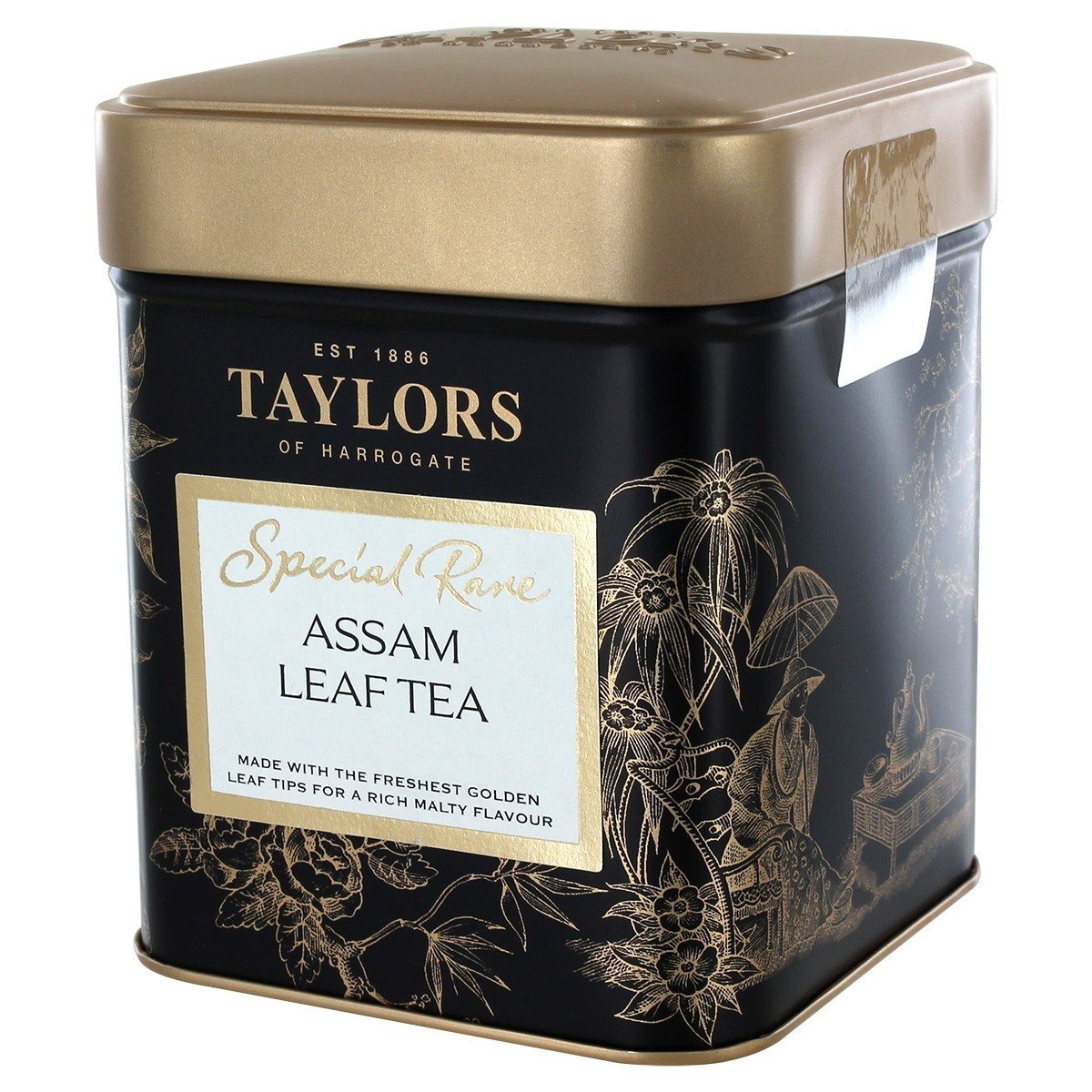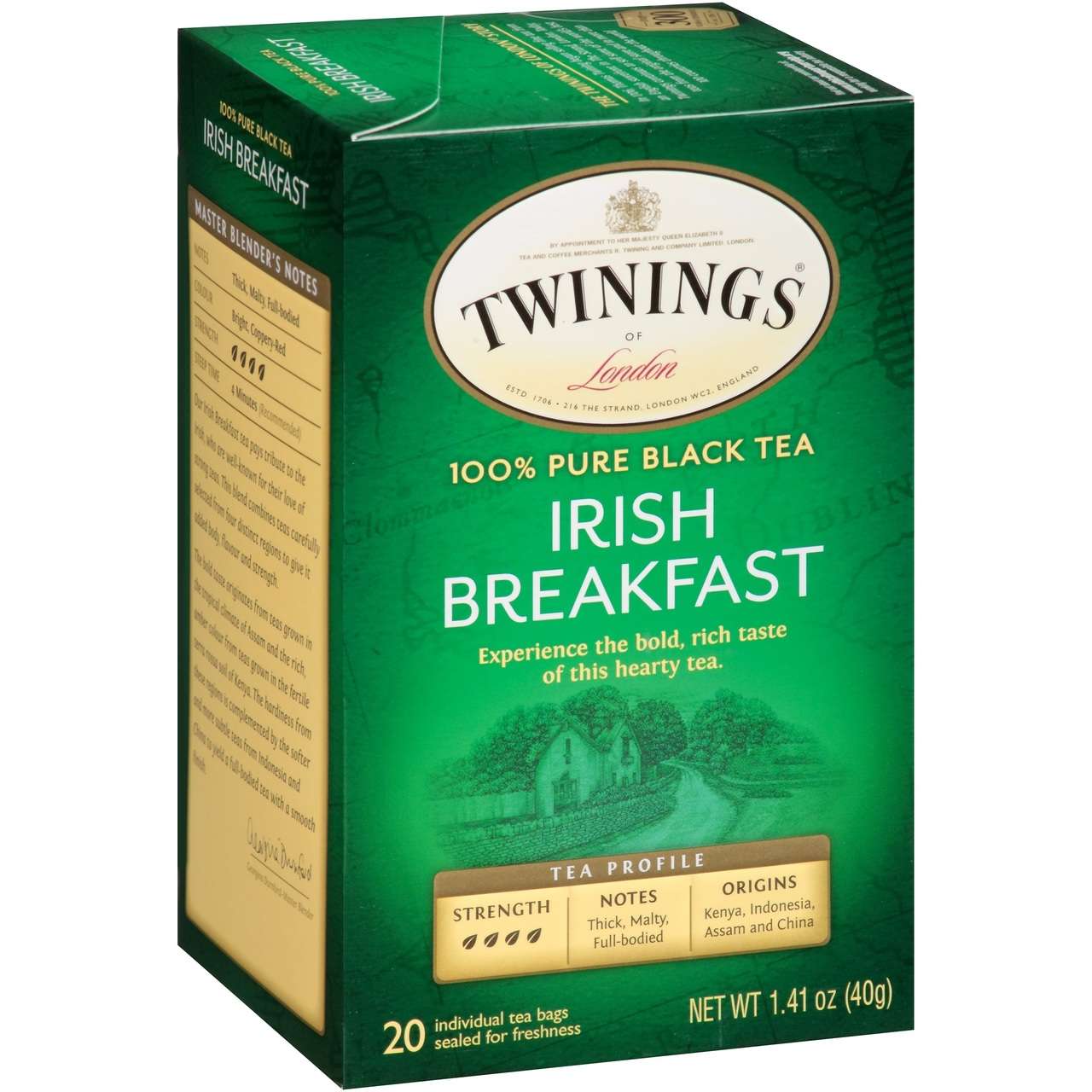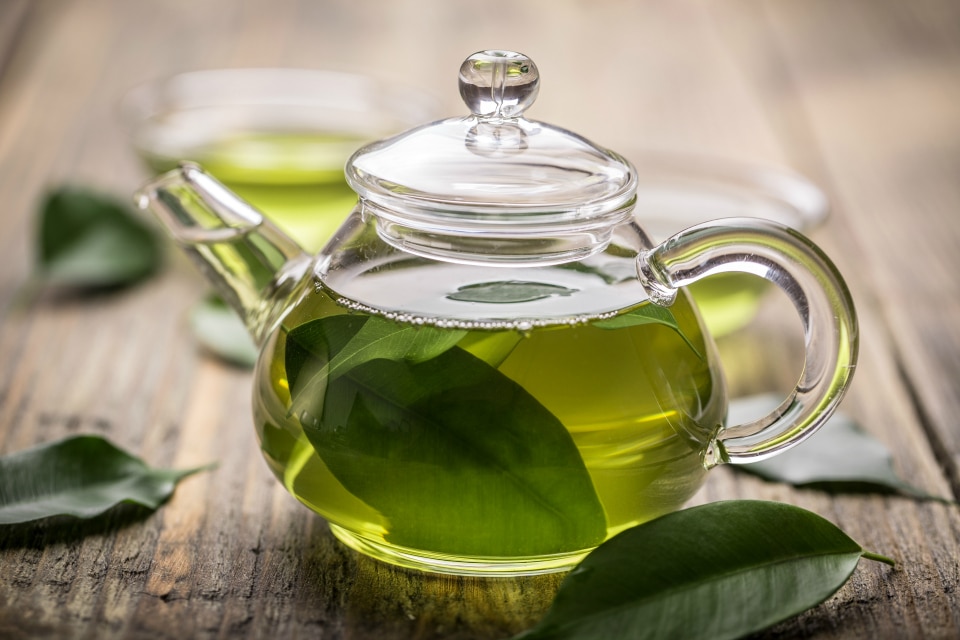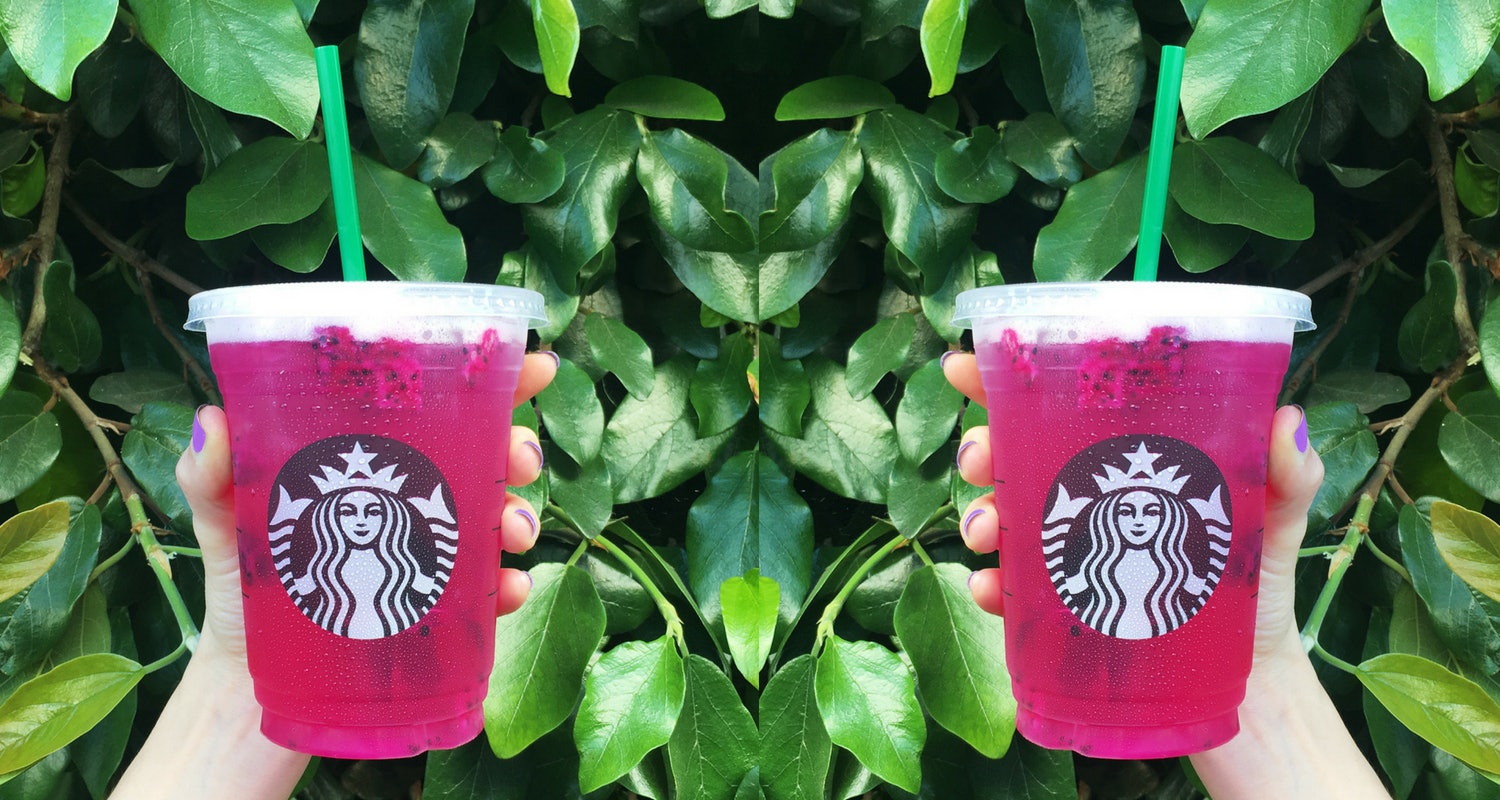
However, it’s important to remember that your body’s reaction to caffeine may differ from the norm, or that you simply may not enjoy exceeding a certain intake level, even if it is “generally recognized as safe.” Always monitor how you’re feeling while consuming caffeine, and over time you will learn how much you feeling comfortable consuming on a daily basis.

In other words, consuming up to 6 six-ounce cups of black tea per day, or as many as 10 cups of green tea per day, still falls within the “moderate” level of caffeine consumption, as per the FDA’s guidelines.

A low-to-moderate intake of caffeine would be any amount below this range, while a high dose of caffeine would be more than 400 milligrams per day. Well, the FDA considers a moderate intake of caffeine to be roughly 200-300 milligrams per day this is the amount that is classified as “generally recognized as safe.” Most Americans consume within this range. What does all of this information mean for tea drinkers like you? This may be why many tea drinkers describe the energy benefits they receive as a calm, steady, gentle alertness, without jitters or afternoon crashes. It’s also important to note that not all of the caffeine can be fully removed from decaf teas typically, a very small amount (such as 2-4 milligrams per cup) remains.įor those who prefer a higher dose of caffeine for a strong burst of energy, consider our high caffeine teas, which contain even more caffeine than a similarly-sized cup of coffee at approximately 116 milligrams per cup.Īdditionally, tea is unique compared to other sources of caffeine (such as coffee) due to the fact that it contains L-theanine, an amino acid that produces a calming effect.* The caffeine found in tea is also thought to be absorbed into the body more slowly than the caffeine found in coffee.* The Republic of Tea uses a natural CO2 high-pressure extraction process employing carbon dioxide, which is highly effective at removing the caffeine without compromising the flavor, color, quality, or other beneficial components. Unlike herbal teas, decaffeinated teas are NOT naturally caffeine-free, but rather have had their caffeine content removed through a specialized process. One exception is yerba mate, which contains around half the amount of caffeine per cup found in a similar-sized cup of coffee. Herbal teas (also called tisanes) such as chamomile, hibiscus, and peppermint teas are naturally caffeine-free. those made from the Camellia sinensis plant)-just 15-20 milligrams per cup. White tea contains the smallest amount of caffeine of all “true” teas (i.e. A similarly-sized cup of oolong tea contains approximately 30-40 milligrams of caffeine, while green tea contains roughly 20-30 milligrams. On average, a six-ounce cup of black tea has about 50 milligrams of caffeine-less than half the amount in a standard cup of brewed coffee. For that reason, it is important to know how much caffeine is in the foods and drinks that you consume and monitor your consumption. Overindulgence in caffeinated foods and beverages can lead to symptoms like irritability, anxiety, and insomnia. This is the plant that is used to steep black, oolong, green, and white teas, meaning that all of these varieties contain some amount of caffeine.Ĭaffeine has been shown to affect energy levels, mood, stamina, the vascular system, the digestive system, and other functions within the body.* In fact, many people choose to consume caffeine for its ability to clear the mind, lift the spirit, and banish fatigue*.įor some people, it may be possible to consume too much caffeine.


What is Caffeine?Ĭaffeine is a mild stimulant that occurs naturally in several plants, including Camellia sinensis. In the sections below, we’ll help you understand how much caffeine is found in your favorite types of tea, along with other valuable information about tea and caffeine. The truth is, the amount of caffeine in tea depends entirely on the variety of tea leaves. These are all valid questions, but it may surprise you to know that there is no single “right” answer to them. How much caffeine is in tea? This is a common question, particularly among tea drinkers who have concerns about how the caffeine content in their tea will affect them.ĭoes your tea contain enough caffeine to give you a nice, clean burst of energy in the morning, or help you to overcome the midday slump? Or will it leave you feeling jittery, anxious, and overstimulated? Will it keep you from falling asleep at bedtime?


 0 kommentar(er)
0 kommentar(er)
